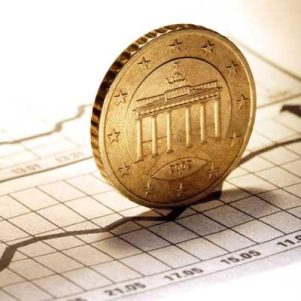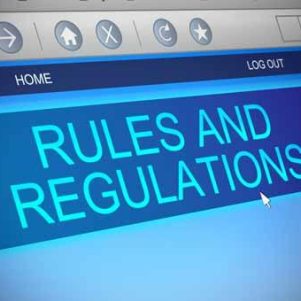In the context of distance selling contracts, in Spain, the right of rescission constitutes one of the most important consumer rights. The starting point is the Spanish consumer protection law (Ley General para la Defensa de los Consumidores y Usuarios), abbreviated as the TRLGDCU. This law is based on the European Council Directive -2006/112/CE.
By Article 102 of the TRLGDCU, every consumer who signs an online sales contract with a business has a contractually fixed right of rescission. Under Article 108.2 of the TRLGDCU, a consumer must have the opportunity to check the product under the same conditions as a physical purchase. Therefore, the consumer does not have to compensate for the use of the product as long as it is during a necessary and proportional decision-making process.
In this context, it is important to note that online vendors are subject to general notification duties towards their consumers. This involves the duty to notify of the existence of the right of rescission, either in the General Terms and Conditions or on a page on their website.
Notification of the existence of the rescission right must be well organized and easy to understand, being particularly important not to confuse the right of rescission with any other consumer right. The legally established right of rescission is independent of other voluntarily established return options. However, it should be noted that both rescission rights must be devoid of contradictions.
If the consumer was properly informed about his or her rescission right, he or she can make use of it within fourteen calendar days (Art. 105.2 TRLGDCU). However, if this is not the case, the consumer retains his or her right of rescission for two months (Art. 105.1 TRLGDCU).
The following particulars must be included in the notification text:
- The existence of a minimal legally established right of rescission of fourteen calendar days, and the method of calculating the days
- Name and address of the person to whom the request of rescission should be directed to and any type of information regarding the rescission costs
- The consumer does not need to declare the reasons for rescission (Art. 102.1 TRLGDCU)
- If exceptional circumstances exist, they must be indicated to the consumer. Article 103 of the TRLGDCU outlines a list of exceptions to the rescission right. One example is the non-existence of the right of rescission for products with a short expiration date. In this case, the consumer must be explicitly informed about the non-existence of the right of rescission. Otherwise, the rescission right would still exist
- According to Article 102.2 of the TRLGDCU, all contractual terms that establish penalties to the consumer due to execution of the right of rescission are void
- No consumer should be compelled to purchase cancellation insurance or use a special (potentially more expensive) delivery method for the rescission.
Consequences of the rescission
Return of the goods
Under Article 108.1 of the TRLGDCU, the consumer must return the goods within fourteen calendar days starting from the declaration of rescission, unless the vendor offers to pick up the goods at the consumer’s domicile.
Refund of the purchase price and potential additional costs
A refund must be issued as quickly as possible. According to Article 107.1 of the TRLGDCU, the legal period shall be fourteen days from the declaration of rescission. Default of this obligation allows the consumer to claim double of the refund amount.
According to Article 108.1 of the TRLGDCU, the vendor can choose if the consumer is going to bear the rescission costs. In any case, the vendor must inform the consumer of such costs. Usually, the consumer bears the only direct rescission costs, for example, the dispatch costs.
Furthermore, due to the silence of the law, the refund can be issued in any mode of payment. The normal case is a refund, but the vendor and consumer can also agree on other methods. The rejection or silence of the consumer entails a refund within fourteen days.
Leonard Dorny & Karl H. Lincke
If you need additional information,





